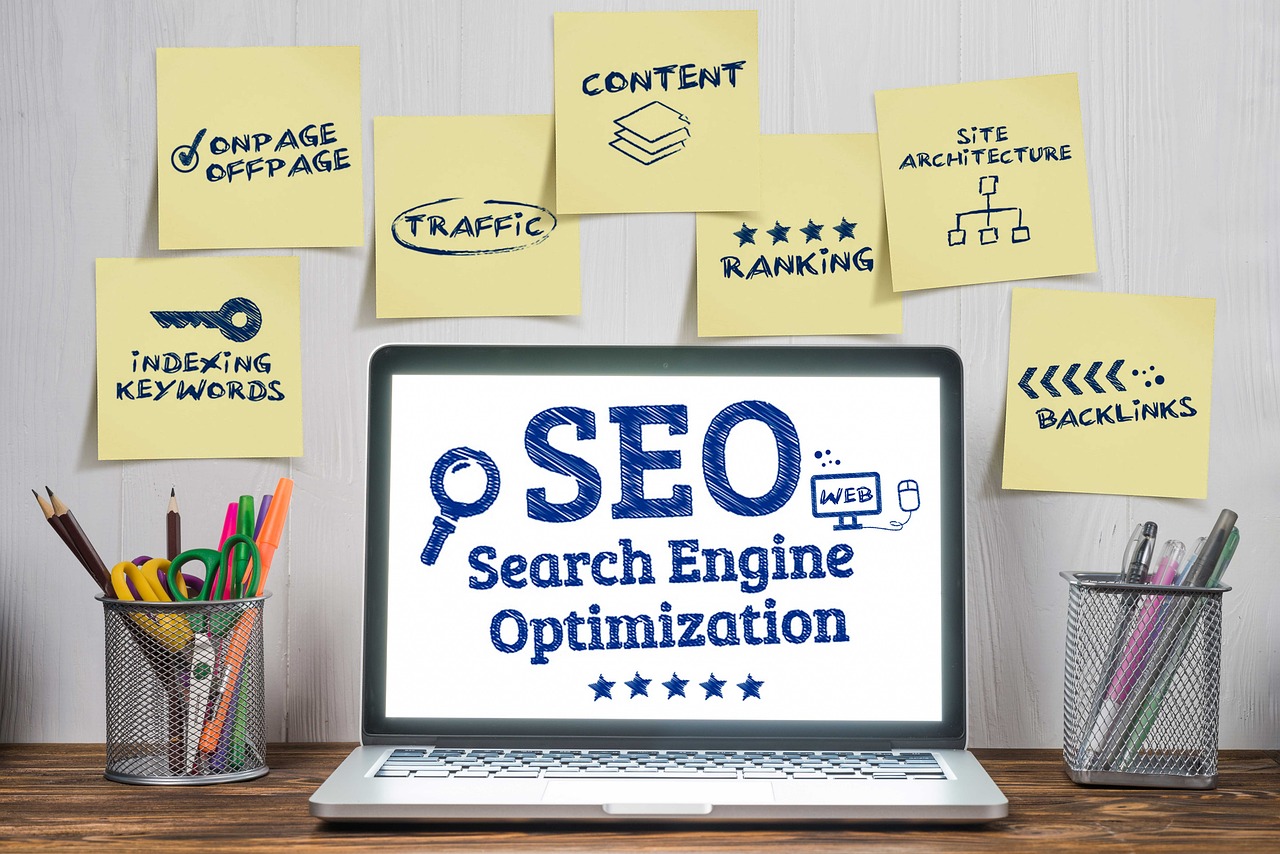Search engine optimization Toronto focuses on improving a website’s visibility to attract local customers through search engines like Google. Businesses in this competitive market benefit from tailored SEO strategies that address local search trends, keyword research, and technical website improvements. Effective SEO in Toronto combines on-page optimization, local SEO tactics, and backlink strategies to enhance rankings and drive targeted traffic.
Companies that understand Toronto’s unique market dynamics use comprehensive approaches, analyzing site structure, content relevance, and competitor activities. This ensures businesses not only reach more users but also engage them with relevant, localized information. Choosing an SEO provider with expertise in local search behaviors can make a significant difference in achieving measurable results.
Whether targeting national or local audiences, integrating geo-targeted keywords and refining website elements is crucial. Businesses that invest in consistent, data-driven SEO efforts will position themselves strongly amidst Toronto’s evolving digital landscape.
Search Engine Optimization Strategies in Toronto
Effective SEO in Toronto requires tailored methods that address unique market demands and local search behavior. Strategies focus on improving visibility through targeted local efforts, optimizing website elements, and building relevant backlinks.
Local SEO Techniques
Local SEO in Toronto centers on optimizing for location-based searches. This involves claiming and managing Google My Business profiles to ensure accurate business information and local credentials are displayed.
Using geo-targeted keywords that include specific neighborhoods or districts helps businesses connect with nearby customers. Consistent citations across directories such as Yelp, Yellow Pages, and local business listings further boost local relevance.
Customer reviews also play a crucial role in local SEO. Encouraging positive ratings on Google and other platforms improves trust signals, which impact search rankings and user decisions.
On-Page Optimization for Toronto Businesses
On-page SEO focuses on structuring content and website elements to align with Toronto’s market needs. Titles, meta descriptions, and headers should incorporate localized keywords to capture regional search intent.
Website content must address local audience concerns, referencing relevant events, trends, or regulations specific to Toronto. Clear navigation and fast load times enhance user experience, which is essential for search ranking.
Technical SEO elements like schema markup tailored for local business enhance search engines’ understanding of the site’s content and geographic relevance. Mobile optimization is critical, as a significant portion of Toronto users search on mobile devices.
Link Building Approaches
Link building in Toronto SEO emphasizes acquiring backlinks from credible local sources. Partnerships with local blogs, news outlets, and industry associations can create valuable referral traffic and authority.
Sponsoring local events or collaborating with community organizations provides natural opportunities for high-quality local backlinks. Press releases focused on local milestones or achievements also contribute to link diversity.
Maintaining a balance between local and industry-related backlinks supports both geographic relevance and overall domain authority. Avoiding spammy or irrelevant links ensures steady, sustainable ranking improvements.
Choosing a Search Engine Optimization Partner in Toronto
Selecting the right SEO partner involves careful analysis of agency expertise, service offerings, and performance indicators. Businesses should focus on agencies that provide transparent communication, tailored solutions, and measurable results to ensure alignment with their marketing goals.
Evaluating SEO Agencies
When assessing SEO agencies, a company’s experience and client portfolio are critical. Checking verified client reviews and case studies helps gauge the agency’s ability to deliver results in the Toronto market.
Credentials such as industry certifications and participation in local SEO events demonstrate professionalism and up-to-date knowledge. It is important to confirm the agency’s specializations, like technical SEO, e-commerce SEO, or local SEO, to match specific business needs.
Communication style and reporting frequency should be clear, with agencies providing regular updates and data-driven insights. Avoid agencies that guarantee instant top rankings, as legitimate SEO requires consistent effort over time.
Understanding Service Packages
SEO service packages vary widely in scope and pricing. Companies should look for transparent pricing models that clarify what each package includes, avoiding hidden fees.
Common service components include on-page optimization, link building, content creation, and technical audits. Some agencies bundle additional digital marketing services such as PPC or social media marketing, which can be beneficial for integrated campaigns.
Customization is key; flexible packages allow businesses to pick services aligned with their goals and budget constraints. Contracts should specify deliverables, timelines, and expected outcomes to ensure accountability.
Measuring SEO Success
Effective SEO is measured through clear, quantifiable metrics. Common indicators include organic traffic growth, keyword ranking improvements, and conversion rate increases.
Regular performance reports should outline these key performance indicators (KPIs), alongside actionable recommendations. Tools like Google Analytics and Search Console are standard for tracking.
Firms should also assess backlinks quality and site health to monitor long-term SEO sustainability. A trustworthy SEO partner adjusts strategies based on data trends, maintaining focus on the business’s goals rather than vanity metrics.


